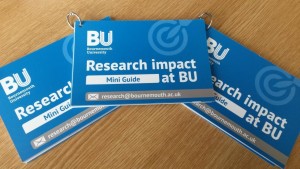In order to achieve impact you are likely to need to use a combination of pathways, of which public engagement can be a powerful option. For example if you were looking to embed policy change based on your research, getting public opinion on side through public engagement to both disseminate facts and also inform your research to begin with, may make it a lot easier to get policy makers to listen – especially if you’re dealing with a topic that may be considered controversial.
The public can be influential lobbyists – so giving the right information to the right people can be a powerful tool. Engaging with grassroots lobbyists who have a passion for the issue and the connections to lobby for change can make it easier to make a difference with your research.
What is public engagement?
The most widely accepted definition of public engagement is that given by the National Coordinating Centre for Public Engagement (NCCPE):
“Public engagement describes the myriad of ways in which the activity and benefits of higher education and research can be shared with the public. Engagement is by definition a two-way process, involving interaction and listening, with the goal of generating mutual benefit.”
This could take place at any part of the research lifecycle and should go beyond outreach, instead focusing on creating a two-way dialogue between researchers and the “public”. This could be as simple as incorporating an open discussion into a public lecture or could be as detailed as doing a piece of research in partnership with the public.
How can you find out more?
For further information about public engagement, take a look at RKEO’s new impact toolkit or contact RKEO’s Public Engagement Officer, Naomi Kay.













 Read and sign up to BU’s Policy Influence Digest
Read and sign up to BU’s Policy Influence Digest Upcoming opportunities for PGRs – collaborate externally
Upcoming opportunities for PGRs – collaborate externally BU involved in new MRF dissemination grant
BU involved in new MRF dissemination grant New COVID-19 publication
New COVID-19 publication MSCA Postdoctoral Fellowships 2024
MSCA Postdoctoral Fellowships 2024 Horizon Europe News – December 2023
Horizon Europe News – December 2023